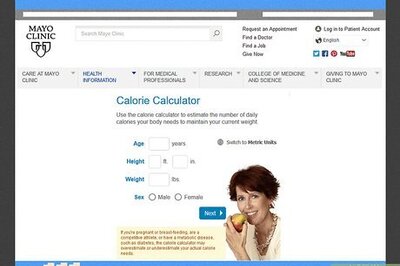
views
Is Opera safe for your computer?
Yes, Opera is a safe and stable browser. You will not randomly get a virus or end up with a corrupted hard drive just because you’re using Opera. You can totally still end up with a virus by clicking on something you shouldn’t have clicked on in the first place, but that wouldn’t be Opera’s fault. In fact, Opera GX has a built-in VPN and will block out known malicious links, so you’re less likely to get a virus using Opera than you are using a lot of other browsers. Opera GX is built on Chromium, the same platform used by Google Chrome, Microsoft Edge, Amazon Silk, Avast, and many other popular browsers. If there was something uniquely vulnerable or dangerous about Opera, it’d be true of most other browsers, too.
Does Opera steal your data?
No, but it does track web behavior like every other browser. Opera does gather data on what you click on, what you sign up for, and where you go. They claim to do this to show you relevant ads, which is the same thing Chrome, Brave, Edge, and basically every other internet browser available. It’s understandable if you don’t like that, but what Opera does with your data is not unique. If you want to turn the data sharing off, you can do so in the Browser Settings menu.
Is Opera a Chinese company?
Technically, yes, although not in the way you’re probably thinking. Opera is based in Norway, where it was originally founded in 1995. In 2016, it was purchased by a Chinese investment firm. So, it’s owned by some Chinese investors but headquartered in Norway and has no connection to the Chinese government. Calling Opera a “Chinese company” would be like calling the Golden State Warriors a Sri Lankan team just because Chamath Palihapitiya is from Sri Lanka. Being owned by Chinese investors doesn’t mean the Chinese State or CCP is in control of the company, which is what most people are worried about when they talk about Chinese companies and privacy. Opera is technically owned by a lot of different people. The company went public in 2018, so anyone can buy shares in the company. Even if Opera were a 100% Chinese company, it wouldn’t necessarily be unsafe to use. There are plenty of Chinese companies with phenomenal safety track records; you probably use many of them already! Smithfield Foods, AMC, GE, Volvo, Riot Games, and Motorola are all owned by Chinese executives, for example.
Since they’re headquartered in Norway, Opera abides by European laws and rules. Opera is based in Norway, which means it’s accountable to the privacy laws and rules that govern the European Union. The big set of relevant rules here is the GDPR (General Data Protection Regulation Law)—one of the most stringent, serious, and well-monitored privacy laws on the planet. Norway isn’t technically in the European Union, but it has a separate deal with the EU via the European Economic Area agreements, so it’s functionally a member of the organization for practical purposes.
What is the best browser for privacy?
Brave and Firefox are probably the best browsers for privacy. While most browsers track your choices and clicks to personalize ads, two popular browsers don’t: Mozilla Firefox and Brave. Neither browser tracks your data or stores your information for ad recommendations, and they’re both considered phenomenally safe and user-friendly browsers. Brave is built on Chromium, so if you enjoy the Chrome user experience, Brave is the way to go. If you want to avoid Chromium, Firefox is your best bet. Other great options that aren’t quite as popular include the Tor browser, DuckDuckGo, and Mullvad.




















Comments
0 comment